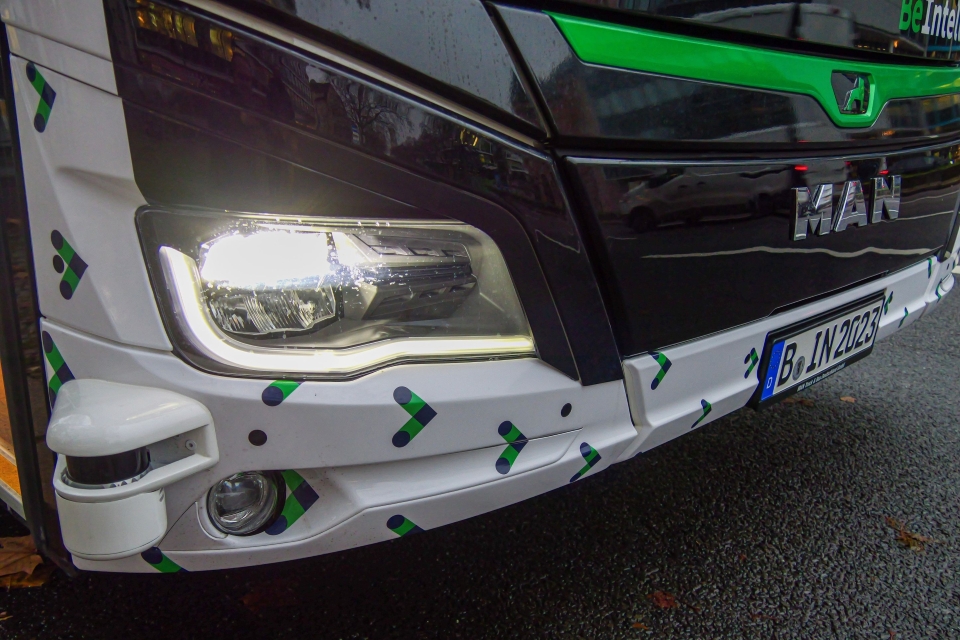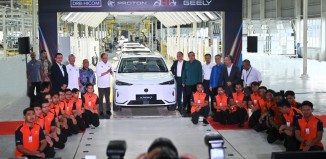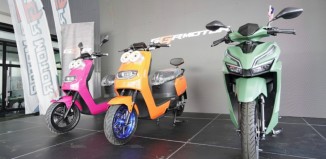MAN Advances Driverless Bus Development; Target To Launch By 2030
MAN Truck & Bus is accelerating its development of driverless buses, with the ambitious goal of launching a fully automated city bus by 2030. The company is actively involved in a series of cutting-edge research collaborations to prepare its electric buses for real-world deployment, addressing growing demand for sustainable and intelligent urban mobility.
Autonomous public transport has become a strategic priority for MAN, as cities worldwide grapple with both environmental targets and a shortage of bus drivers. Buses are the most widely used form of public transport in the EU, and MAN is aiming to meet future demand with connected, emission-free, and driverless solutions.
“Autonomous buses could help to address this issue and further improve connections in cities, conurbations and rural areas,” said Michael Roth, Head of Product Strategy Bus at MAN Truck & Bus. 
MINGA Project: Real-World Testing Of Automated MAN Lion’s City E
One of MAN’s most significant undertakings is its role in the MINGA research project (Munich’s automated local transport with ride pooling, solo buses and bus platoons), where it has provided a fully electric and automated MAN Lion’s City E bus equipped with an Automated Driving System (ADS). As a key commercial vehicle partner to Munich’s MVG and Stadtwerke München (SWM), MAN plans to commence pilot operations in 2026. The bus will run in real-life urban conditions with a safety driver onboard during testing.
“For us, key parts of the MINGA project are the development of the complex interface between the vehicle and the ADS and the integration of the systems into our electronic architecture,” added Roth.
The integration is supported by MAN’s new electronic platform introduced with the 2024 model year, designed specifically to accommodate advanced automation technologies.
Building on Previous Projects: @CITY and BeIntelli
The MINGA initiative builds upon earlier work in the @CITY (‘Automated Cars and Intelligent Traffic in the City’) project, funded by Germany’s BMWK, which focused on critical driving tasks such as approaching bus stops. Over 4 years, MAN and 14 partners developed and tested automated driving functions at the Aldenhoven Testing Centre, successfully demonstrating core functionalities in 2022.
In another innovative initiative, BeIntelli, MAN is testing an “explanatory bus” in Berlin city centre in partnership with DAI Laboratory at TU Berlin and IAV GmbH Ingenieurgesellschaft Auto und Verkehr. The automated bus, equipped with an ADS from ZEKI | Centre for Experiential AI and Digitalisation, operates in a high-tech corridor between Brandenburg Gate and Adenauerplatz. The test vehicle features 60 sensors (including radar, 3D lidar, and cameras), as well as internal displays to communicate its driving logic to passengers.
MAN’s focus in this project includes integration of ADS hardware and software, along with development of critical actuator technologies like electric steering. 
Toward SAE Level 4 Autonomy By 2030
Looking ahead, MAN aims to achieve SAE Level 4 autonomy, allowing its buses to operate in designated zones without safety drivers. Achieving this milestone requires redundant safety systems across the ADS, braking, steering, and communication components.
“The MINGA research project in particular is a significant step for us in terms of proving the concept on the road,” said Roth. “Once we have achieved this, we will be able to drive in defined operating areas without safety drivers.”
The company plans to begin field trials with customers soon, refining the technology to suit various market needs. MAN is also developing the broader ecosystem required for automated bus mobility — from digital infrastructure to service support — with the goal of commercial availability by 2030. 


























